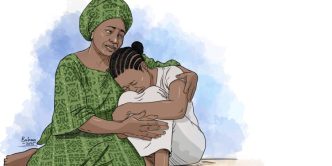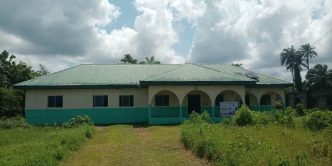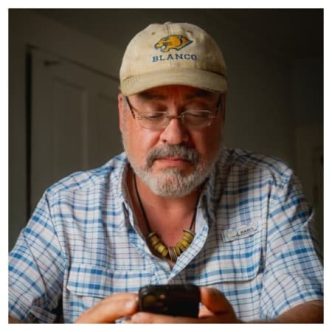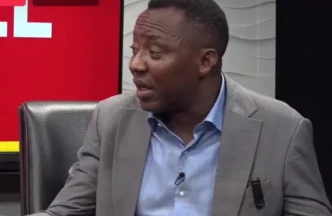A persistent failure by Nigerian authorities to address the security crisis in the South-east has allowed state and non-state actors to commit widespread human rights violations, killing at least 1,844 people between January 2021 and June 2023, according to Amnesty International.
The group said this in a 56-page report released on Thursday. The report—A Decade of Impunity: Attacks and Unlawful Killings in Southeast Nigeria—documents an alarming pattern of unlawful killings, torture, enforced disappearances, arbitrary arrests and destruction of property carried out by armed groups, state-backed militias, vigilantes, cult gangs and security forces across the region.
Amnesty said “unknown gunmen” killed more than 400 people in Imo State between 2019 and 2021, often raiding villages unmasked, attacking residents, police stations and vigilante posts.
The unrest in the South-east region is linked to long-running agitation for an independent Biafra, a cause that has shifted from street demonstrations to militarised enforcement. The Indigenous People of Biafra (IPOB), under the leadership of Nnamdi Kanu, became the movement’s most visible promoter, championing sit-at-home protests and self-determination.
IPOB’s armed wing, the Eastern Security Network (ESN), was formed in late 2020.
Mr Kanu’s arrest and detention in 2021 further worsened the matter.
Originally formed to protect the region from armed herders, the ESN quickly became embroiled in clashes with Nigerian security forces, feeding a cycle of reprisals and crackdowns.
Simon Ekpa, a Finland-based lawyer, emerged as a prominent figure in the Biafra movement following Mr Kanu’s detention. He leads the self-styled Biafra Republic Government in Exile and issues frequent online broadcasts and directives, including calls for sit-at-home protests. Nigerian authorities have accused him of contributing to the unrest in the South-east and encouraging the violent enforcement of such orders. He has denied the allegations.
Recounting survivors’ accounts, Amnesty said communities were routinely extorted for money during burials and weddings, with refusal often punished by night-time assaults and arson.
“The government must stop turning a blind eye to the unlawful killings, arbitrary arrests and detention, torture, enforced disappearances, and destruction of properties in the South-East region,” said Isa Sanusi, the Nigeria director of Amnesty International. “Authorities must live up to their constitutional and international human rights obligations including by ensuring all suspected perpetrators are brought to justice in fair trial, no matter who they are, and that victims and their families have access to justice and effective remedies.”
Amnesty said authorities continue to blame IPOB and its armed wing, the ESN, for many attacks, though both deny involvement in the “unknown gunmen” phenomenon.
It noted that enforcement of IPOB’s August 2021 “sit-at-home” order has led to killings, beatings and school closures across the region, with exams disrupted and markets shut in Abia, Anambra, Ebonyi, Enugu and Imo states. Many residents have stopped travelling to their hometowns for fear of abduction, while traditional events such as weddings and funerals are increasingly held outside the region.
Ungoverned spaces and paramilitary abuses
Some communities, including Agwa and Izombe in Imo State and Lilu in Anambra State, have been effectively taken over by gunmen, Amnesty said.
It added that cult gangs, especially in parts of Anambra, have compounded insecurity with violence linked to a thriving drug trade.
The report accuses the state-backed Ebube Agu paramilitary force, created by South-east governors in April 2021, of arbitrary arrests, torture, extrajudicial killings, enforced disappearances and property destruction.
Security agencies, including the military and police, were also implicated in unlawful killings, torture and arbitrary detention during operations.
Justice eludes victims
Despite years of bloodshed—beginning with a 2015 crackdown on pro-Biafra protests—no comprehensive accountability measures have been taken. Amnesty said the scale of killings, disappearances and fear of attacks “show how badly the authorities are failing to protect lives and property and ensure law and order.”
“Impunity for these crimes continues to have a chilling effect on the enjoyment of other human rights,” Mr Sanusi said, urging prompt, independent investigations and reparations for victims.
The organisation said findings from the latest report had been shared with South-east governors and security agencies, but no response was received.









